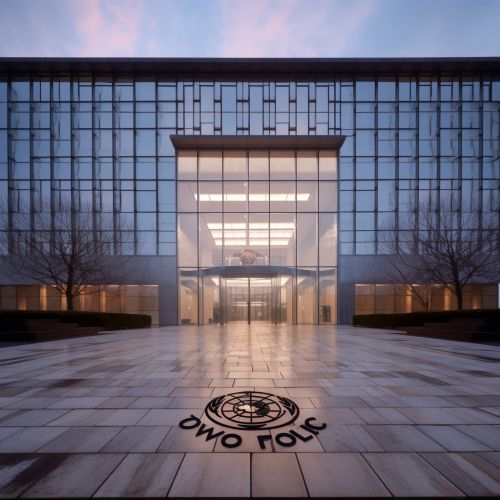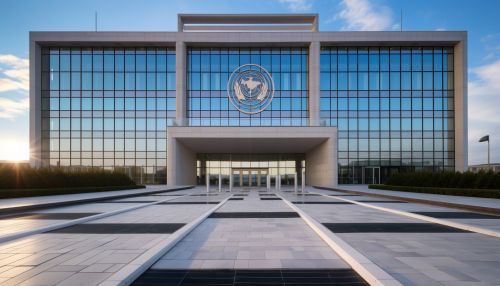World Trade Organization
Overview
The World Trade Organization (WTO) is an international organization that deals with the global rules of trade between nations. Its main function is to ensure that trade flows as smoothly, predictably and freely as possible. The WTO has a unique character in the field of international organizations, as it deals with trade rules and regulations at a multinational level.
History
The WTO was established on January 1, 1995, succeeding the General Agreement on Tariffs and Trade (GATT) that was created in 1948. The WTO's establishment was the culmination of a prolonged period of negotiation known as the Uruguay Round that lasted from 1986 to 1994.


Functions
The WTO has several key functions, including administering WTO trade agreements, providing a forum for trade negotiations, handling trade disputes, monitoring national trade policies, providing technical assistance and training for developing countries, and cooperating with other international organizations.
Principles
The WTO operates based on several fundamental principles. The most important among these are the principles of non-discrimination, reciprocal negotiations, binding and enforceable commitments, transparency, and safety values.
Structure
The WTO has a complex structure, consisting of a Ministerial Conference, a General Council, a Dispute Settlement Body, a Trade Policy Review Body, and several specialized councils and committees.
Membership
As of 2021, the WTO has 164 member countries, representing more than 98% of global trade. The process of becoming a WTO member is unique to each applicant country, but generally involves a series of bilateral, plurilateral, and multilateral negotiations.
Impact
The WTO has had a significant impact on international trade, helping to reduce trade barriers and opening up new trade opportunities. However, it has also been the subject of criticism and protest.
Criticisms
Critics of the WTO argue that it promotes neoliberal policies that benefit developed countries at the expense of developing ones, undermines national sovereignty, and exacerbates global inequality.
Future Challenges
The WTO faces several challenges in the future, including addressing the rise of digital trade, managing the impact of climate change on trade, and resolving ongoing trade disputes.
